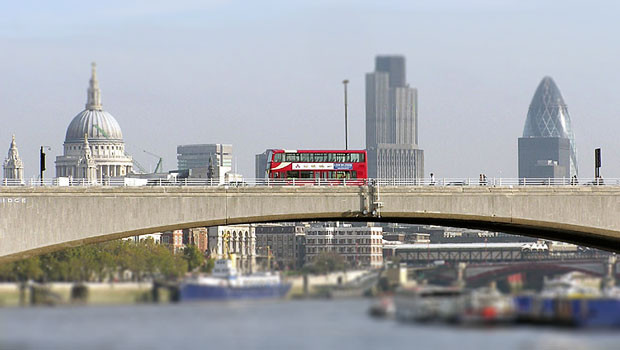UK wages rise as jobs market withstands pressures

UK wages rose in the final quarter of 2021 as the Labour market withstood the end of furlough and the start of the Omicron wave, official figures showed.
Average weekly earnings including bonuses increased 4.3% in the three months to the end of December, the Office for National Statistics said. Excluding bonuses, earnings rose 3.7%.
Nominal incomes rose in a tight labour market as employment rose 0.1 percentage point to 75.5% and unemployment fell 0.2 point to 4.1% - in line with expectations. The number or payroll employees rose 108,000 in January to a record 29.5m.
With consumer prices rising at 5.4%, real earnings dipped 0.1%. The Bank of England expects inflation to peak at more than 7%, resulting in the central bank's monetary policy committee (MPC) raising interest rates at its February meeting for the second time in three months.
The BoE is concerned about rising wages causing further increases in inflation. Governor Andrew Bailey has urged workers to moderate wage demands though some economists have argued there is little prospect of a 1970s-style inflationary spiral.
Paul Dales, chief UK economist at Capital Economics, said: "The labour market appears to have shrugged off the end of the furlough scheme and the start of the Omicron wave, which will only encourage the MPC to continue raising interest rates. Dale said falling real earnings were "something we're going to have to get used to. But the MPC will be more worried about how the tight labour market may add to inflationary pressures further ahead."